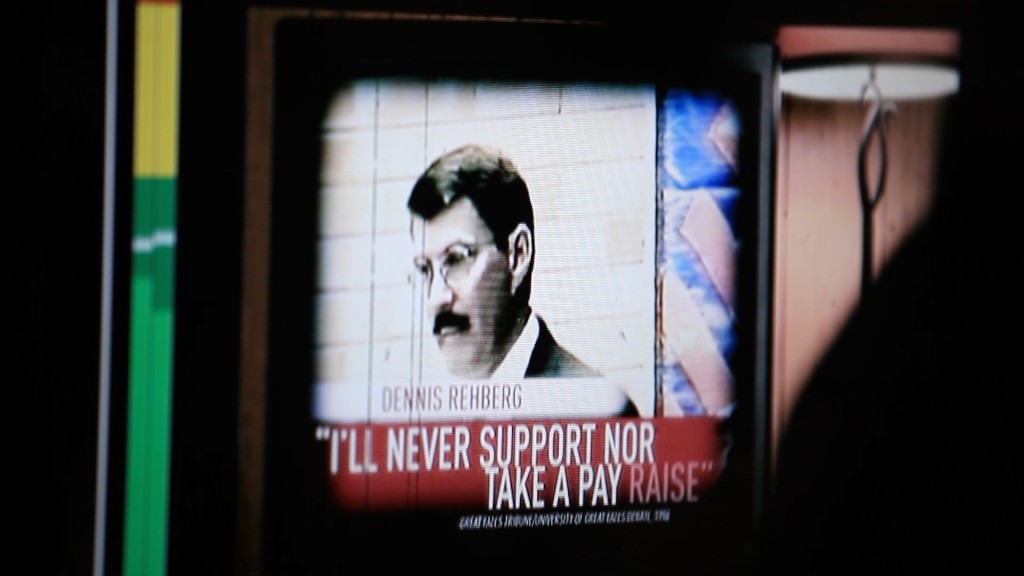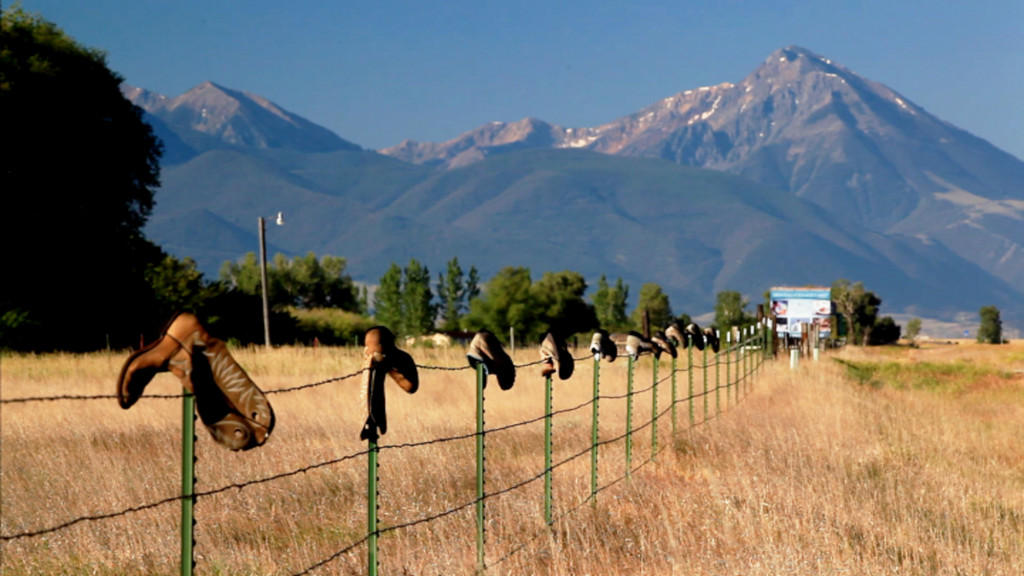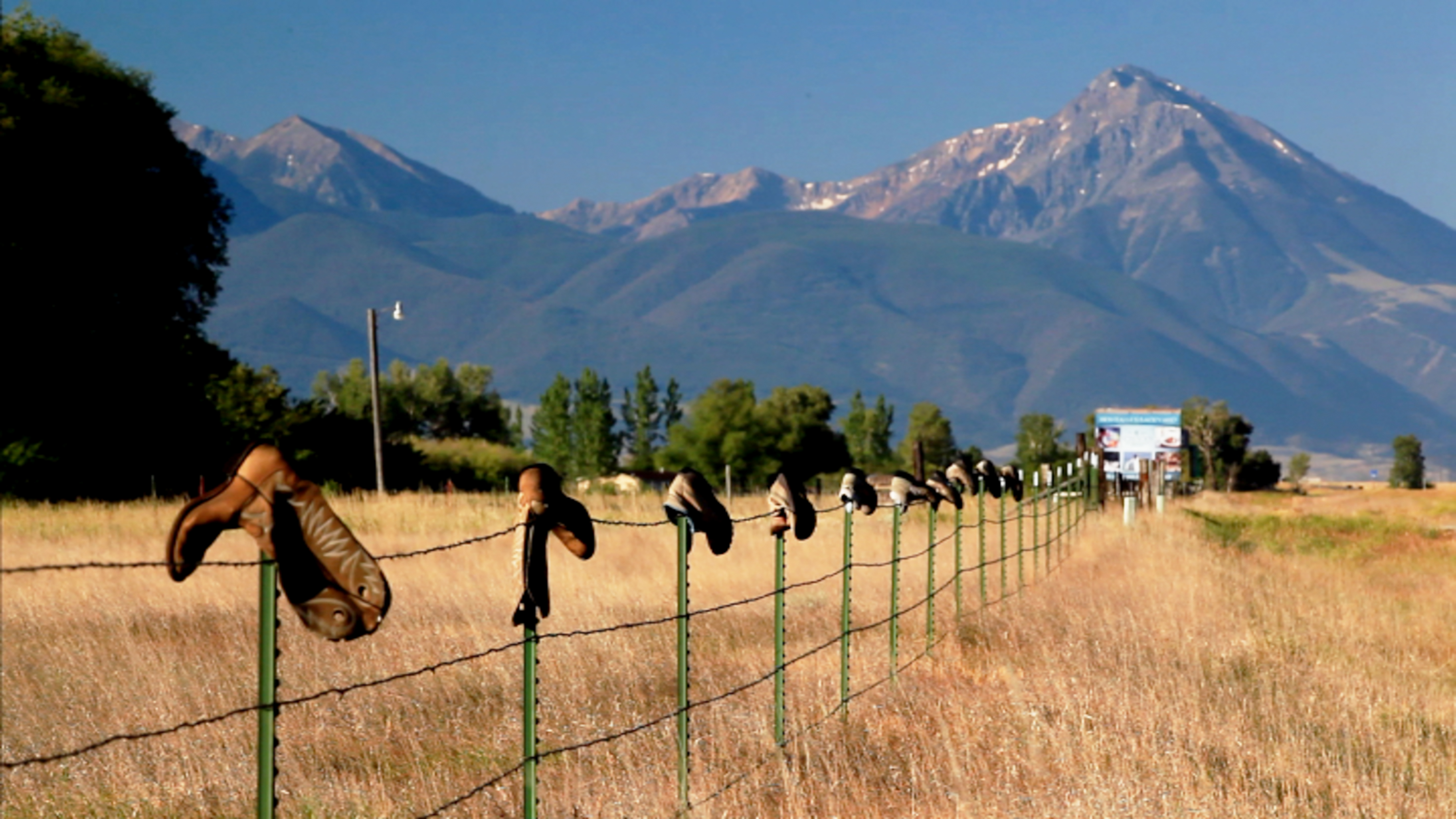Montana Pols Aim to Check Dark Money Spending

June 7, 2013
Share
After enduring one of the most expensive — and vicious — campaigns in Montana history, a handful of state senators and representatives are preparing an attack on dark money.
They’re working on a ballot initiative that would let Montana voters decide whether nonprofit groups should disclose at least some of their donors.
State politicians have grown increasingly concerned that outside groups have too much influence on their politics, said Sen. Jim Peterson, a Republican who has led the push for the ballot initiative. Peterson had proposed a Senate bill requiring more disclosure earlier this year, but it died in a House committee.
“Dark money supporters use these nonprofit organizations, 501(c)4s in particular, to hide behind a curtain of secrecy so they can play in these elections anonymously,” he said. “And voters don’t like it. Candidates don’t like it. I don’t like it.”
Dark money had begun filtering into the state in 2008, but reached new heights in the most recent election cycle, which saw a rush of “repugnant, negative ads,” said state Sen. Llew Jones, a Republican who also backs the ballot initiative.
“They were everywhere,” he said. “They were disenfranchising the voters [and] having incredible impact on the outcomes of these elections.”
Jones said that he decided to support the initiative after watching FRONTLINE’s Big Sky, Big Money, an investigation into campaign finance in their state — and seeing the influx of dark money into Montana.
Montana isn’t a populous state. Elections used to cost as little as $20,000. So outside dark money groups spending millions had considerably more sway than they might have elsewhere.
One estimate, by David Parker, a professor at Montana State University, found that outside groups were responsible for 68 percent of political ads on television during the 2012 senate campaign.
The race between Sen. Jon Tester, a Democrat, and his challenger, Republican Rep. Dennis Rehberg, drew national attention — and funds — because of the potential to shift the balance of power in the Senate. Parker told FRONTLINE in the film Big Sky, Big Money that he estimated at least $6.8 million was spent on TV ads before the race was even over.
The only other states that have considered disclosure legislation in the wake of the ruling have been blue — New York, and California, which just passed a disclosure act. Montana’s initiative has been led by Republicans, but the senators said they already have significant Democratic support.
“Transparency shouldn’t be partisan,” Jones said. “It really shouldn’t.”
But would such a law hold up in court?
The Supreme Court’s been pretty clear about where it stands on campaign donations.
Last year, Montana challenged the Supreme Court ruling in Citizens United, which allowed companies and unions to get involved in campaigns by funding “independent” groups.
The Supreme Court ruled against Montana, striking down a state law limiting corporate spending on political campaigns.
If it passed, the new ballot initiative would likely be challenged under that precedent, said Sheila Krumholz, executive director of the Center for Responsive Politics, a nonprofit that tracks political dollars and backs increased disclosure.
“Citizens United is the law of the land,” she said. “But that’s not to say that citizens won’t or shouldn’t try” to challenge it.
Peterson says he’s not concerned about a court battle.
“This foolishness that it’s unconstitutional is just a bogus argument,” he told FRONTLINE. “That’s the only thing they can think of, so they throw it out there to try to scare people.”
Jones said he and his colleagues are “very, very aware” of the Citizens ruling, and are choosing the language of the initiative carefully to avoid a challenge in court.
While the proposal isn’t finalized, it’s likely to require nonprofits to disclose only their top donors if their ads mention a candidate’s name within 90 days of an election.
“We’re trying to encourage free speech — and people’s willingness to take a little responsibility for speaking freely,” he said.
The proposal won’t be official for a year. The officials have set up a website, www.stopdarkmoney.com, to gather donations and volunteers willing to collect signatures.
They have until the end of June to submit the final language for the initiative. To get on the ballot for the general election in 2014, they’ll have to gather signatures from 5 percent of qualified voters in Montana — about 34,000 people — by next June.

Related Documentaries
Latest Documentaries
Related Stories
Related Stories
Explore
Policies
Teacher Center
Funding for FRONTLINE is provided through the support of PBS viewers and by the Corporation for Public Broadcasting, with major support from Ford Foundation. Additional funding is provided the Abrams Foundation, Park Foundation, John D. and Catherine T. MacArthur Foundation, Heising-Simons Foundation, and the FRONTLINE Trust, with major support from Jon and Jo Ann Hagler on behalf of the Jon L. Hagler Foundation, and additional support from Koo and Patricia Yuen. FRONTLINE is a registered trademark of WGBH Educational Foundation. Web Site Copyright ©1995-2025 WGBH Educational Foundation. PBS is a 501(c)(3) not-for-profit organization.





















